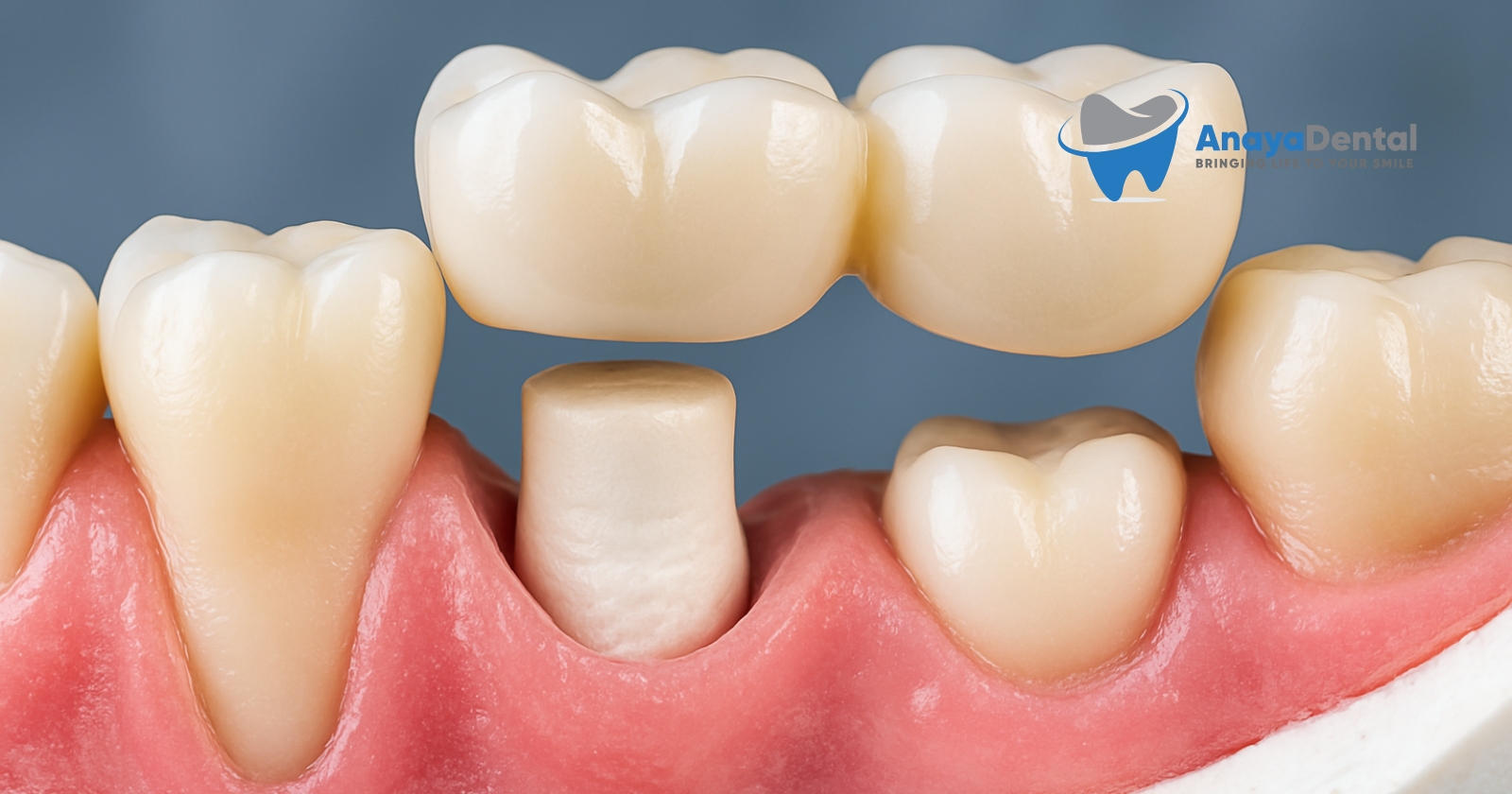How You Can Afford a D2140 Dental Filling: Understanding Costs and Coverage Options
When your dentist mentions “D2140” during your appointment, they’re referring to a specific dental procedure code for a common type of filling. Understanding what this code means can help you better navigate your dental care costs and insurance coverage.
What Is a D2140 Dental Filling?
A D2140 code represents an amalgam filling on a single surface of either a primary (baby) or permanent tooth. Amalgam fillings are silver-colored restorations made from a mixture of metals including silver, tin, copper, and mercury.
These fillings are used to repair damage caused by tooth decay by removing the decayed portion of the tooth and filling the resulting cavity with amalgam material. The “one surface” designation means the decay affects only one side or surface of your tooth.
Try Our Dental Calculators
Medical Context: When Is a D2140 Procedure Necessary?
Dentists recommend amalgam fillings when they detect cavities or tooth decay that has damaged the tooth structure but hasn’t progressed to the point of requiring more extensive treatment like a crown or root canal.
Amalgam fillings are particularly suitable for:
- Back teeth (molars and premolars) where chewing forces are strongest
- Areas that are difficult to keep dry during the procedure
- Patients seeking a durable, long-lasting solution for tooth decay
According to the American Dental Association, amalgam fillings typically last 10-15 years with proper care, making them a cost-effective treatment option for many patients.
Average Costs for D2140 Amalgam Fillings
The cost of a D2140 procedure varies based on several factors, including geographic location, dental office overhead, and practitioner experience. Here’s what you can expect to pay:
| Payment Scenario | Cost Range |
|---|---|
| Without insurance | $110-$275 per filling |
| With insurance coverage | $22-$78 (20-30% of total cost) |
| Dental school clinic | $50-$95 |
Research from the American Dental Association indicates that amalgam fillings typically cost about 30-35% less than comparable composite (tooth-colored) fillings.
Insurance Coverage Options for D2140 Procedures
Traditional Dental Insurance
Most dental insurance plans categorize D2140 amalgam fillings as basic restorative procedures, typically covering:
- 80-100% of the cost if you’ve met your deductible with preventive plans
- 70-80% with basic dental insurance
- 50-70% with discount dental plans
However, be aware that many plans impose:
- Waiting periods of 3-6 months for new enrollees
- Annual maximums (typically $1,000-$1,500)
- Frequency limitations (one filling per tooth every 24 months)
Dental Discount Plans
If you don’t have traditional dental insurance, discount plans provide an alternative approach:
- Membership fees typically range from $100-$200 annually
- Provide 15-50% discounts on D2140 procedures
- No waiting periods in most cases
- No annual maximums or complex claim forms
Government Programs
Public assistance programs may help cover amalgam filling costs:
- Medicaid: Coverage varies by state but typically includes basic fillings for children and sometimes adults
- CHIP (Children’s Health Insurance Program): Provides dental coverage for qualifying children
- Medicare: Generally doesn’t cover routine dental procedures, including fillings, unless medically necessary due to another covered condition
Payment Options When Insurance Isn’t Enough
Dental Office Payment Plans
Many dental practices offer in-house financing options:
- Interest-free payment plans for 3-6 months
- Some require credit checks while others don’t
- Monthly payments divided across the treatment timeline
Healthcare Credit Cards
Specialized credit options like CareCredit or the Citi Health Card offer:
- Promotional 0% interest periods (typically 6-18 months)
- Can be used for multiple healthcare expenses
- Caution: High interest rates (20%+) apply if not paid off during promotional period
Dental Schools
Receiving treatment at a dental school clinic provides:
- Savings of 30-60% compared to private practice rates
- Treatment performed by students under close faculty supervision
- Longer appointment times but significantly reduced costs
Preventive Measures to Avoid Future D2140 Procedures
Investing in preventive care can save you from needing additional fillings:
- Regular dental exams (every 6 months) help catch decay early
- Daily flossing and brushing with fluoride toothpaste
- Dental sealants can prevent decay in high-risk areas
- Limiting sugary foods and drinks reduces cavity risk
A study in the Journal of Dental Research found that patients who maintained semi-annual preventive care appointments were 33% less likely to need restorative procedures like fillings.
Quick Review
- D2140 refers to an amalgam (silver) filling on one surface of a tooth
- Average costs range from $110-$275 without insurance
- Most dental insurance plans cover 70-80% of the procedure cost
- Alternative payment options include dental discount plans, payment plans, healthcare credit cards, and dental schools
- Regular preventive care significantly reduces the need for fillings
Understanding the D2140 procedure code helps you communicate better with your dental office and insurance provider while planning for the financial aspects of your dental care.


